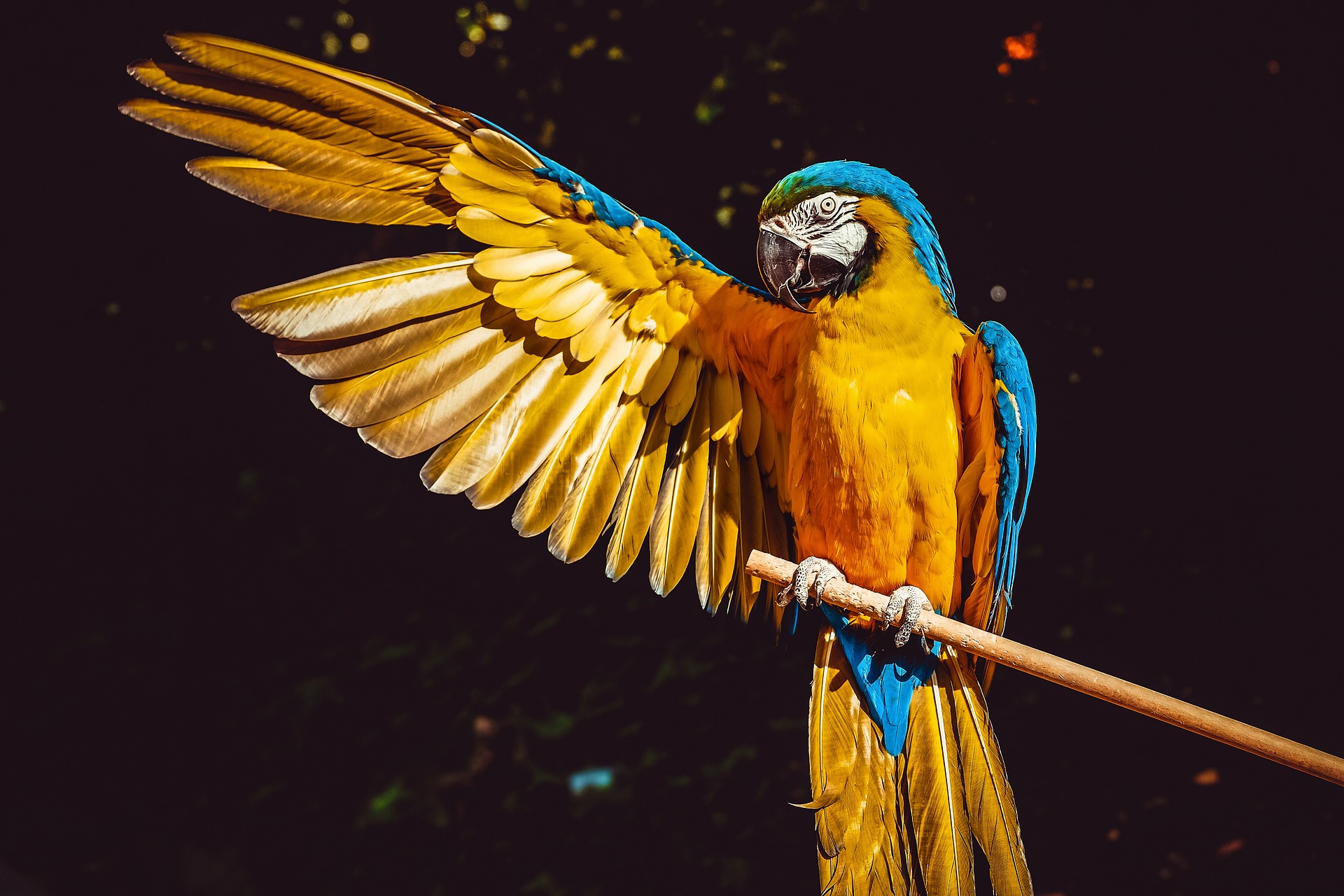The Peculiarities of Parrots: Unraveling the Intelligence and Behavior of Our Feathered Friends
Looking to learn more about the fascinating world of parrots? Whether you're a prospective parrot parent or a seasoned avian enthusiast, understanding these intelligent creatures is crucial to building a healthy relationship with them. Read below as we delve into the intriguing minds of parrots, their behavioral quirks, and their unique communication styles.
Understanding Parrot Intelligence Parrots are renowned for their remarkable cognitive abilities. Researchers have found that these birds have the intellectual capacity comparable to a human toddler. They can solve complex puzzles, use tools, and even understand concepts such as shape, color, and numbers. Parrots’ high intelligence makes them engaging pets, but it also necessitates mental stimulation and social interaction.
Decoding Parrot Behavior Parrots exhibit a wide range of behaviors, some of which may seem peculiar to the untrained eye. For instance, they may bob their heads, puff their feathers, or perform a ‘beak grind.’ Understanding these actions is essential as they can signal various needs or emotions such as excitement, contentment, or anxiety.
Parrots and Mimicry One of the most fascinating aspects of parrots is their ability to mimic human speech. This talent is not just a party trick; it’s a complex form of communication that is still not fully understood. However, it is known that parrots mimic to bond with their human flock, articulate needs, or just for their own amusement.
Training and Socialization Parrots thrive on social interaction and mental stimulation. Training sessions provide both, making them essential for a happy, well-adjusted parrot. Training should be positive and reward-based, focusing on teaching useful behaviors like step-up commands, recall training, and discouraging unwanted actions like biting or screaming.
Parrot Health and Care Owing to their intelligence and sensitivity, parrots require a specific care regimen. This includes a balanced diet, regular exercise, mental stimulation, and routine veterinary check-ups. Understanding and meeting these needs will ensure your parrot leads a long, healthy, and fulfilling life.
Useful Tips and Facts: - Parrots are highly social animals and thrive on interaction. - Mental stimulation can be provided through toys, puzzles, and training. - A balanced diet for a parrot should include fresh fruits, vegetables, and high-quality pellets. - Each parrot species has unique needs and characteristics; research about your specific breed is essential. - Regular vet check-ups can detect potential health issues early.
In conclusion, parrots are complex creatures with distinct personalities, intelligence, and behavioral traits. Their care requires a commitment to understanding and meeting their physical and emotional needs. By doing so, you can ensure a rewarding relationship with your feathered friend, filled with mutual respect and affection. Remember that owning a parrot is not just about having a pet; it’s about welcoming a new member into your family.





